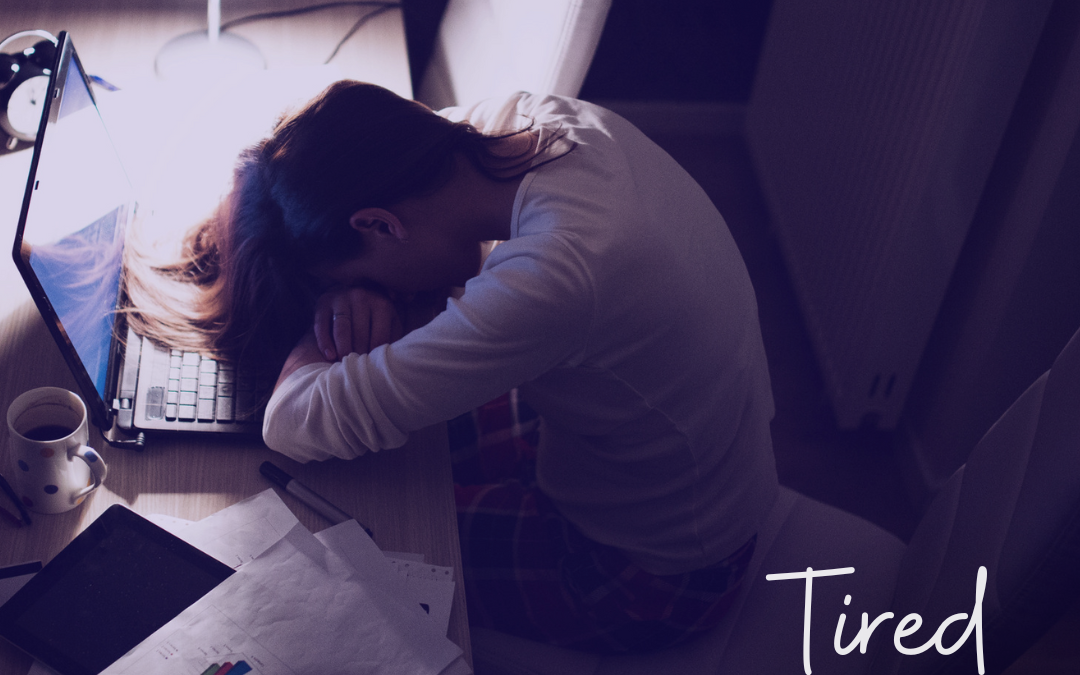We all know what it feels like to be sleep deprived, and it is not fun, to say the least. You may not be surprised to hear that according to Psychology Today, prolonged sleep deprivation is an assault on your entire biological system.
What begins as fatigue, disordering of thoughts, and irrationality can evolve into huge drops in cognitive functions, speech, and memory, eventually resulting in hallucination. While getting a few hours a night may prevent these more severe effects, terrifying things still happen to your brain when chronically deprived of a good nights’ sleep.
Sleep Deprivation Causes Depression
You may feel irritated and upset after a sleepless night and not think much of it, but according to the National Sleep Foundation, insomnia and depression have an undisputed correlation. Sleep deprivation itself is a major risk factor for developing depression and anxiety disorders, especially in individuals prone to these disorders. This isn’t hard to believe, since coping with a day on little sleep is hard enough by itself. Doing so on a daily basis is a sure risk for depressing thoughts. It can also cause anxiety about sleep itself and whether you will have time or being able to get enough of it.
Sleep Deprivation Causes Health and Body Issues
A night of little or no sleep makes you crave higher calorie foods and makes it harder to resist binging. A prolonged sleep disorder or sleep deprivation increases your risk of eating unhealthily on a daily basis and becoming obese. Sleep deprivation over the long term can also put you at an increased risk for heart disease, high blood pressure, and diabetes. Another body part it affects is your skin. A lack of sleep causes more than dark circles and puffy eyes. Chronic sleep loss can speed your skin’s aging, causing fine lines and a lackluster appearance.
Sleep Deprivation Impairs Mental Functioning
A lack of sleep impairs our mental functioning more than we realize. It decreases our memory and motor functioning skills. This is especially dangerous when driving. According to the National Highway Traffic Safety Administration, sleepiness causes a slower reaction time, reduced vigilance and respondence, and deficits in processing information. This all leads to a great increase of having a car accident. The NHTSA estimates that sleepiness is a cause in 100,000 auto crashes 1,550 crash-related deaths a year in the U.S. It also impairs critical thinking, which could hinder your performance in work or school.
We live in a fast paced world – one that doesn’t slow down for our bodies’ sleep needs. It’s important to remember how important sleep is for our brains, bodies, and overall health, and to make it a priority. Sleep is the beginning of a healthy brain, body, and emotional functioning.
Related Articles:
- 6 Ways Parents of a New Baby Can Combat Sleep Deprivation (valleysleepcenter.com)
- 5 Surprising Effects of Sleep Deprivation (valleysleepcenter.com)
- Is Sleep Deprivation the Next Public Health Crisis? (valleysleepcenter.com)


